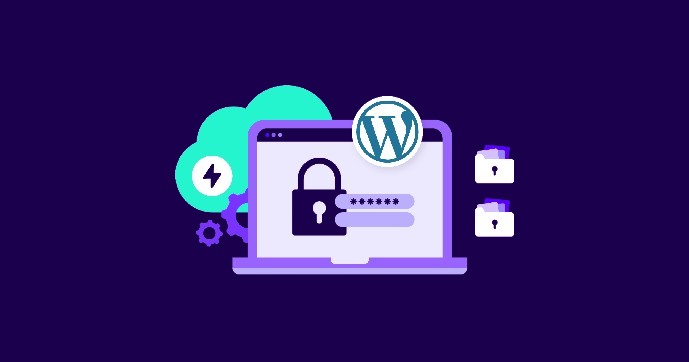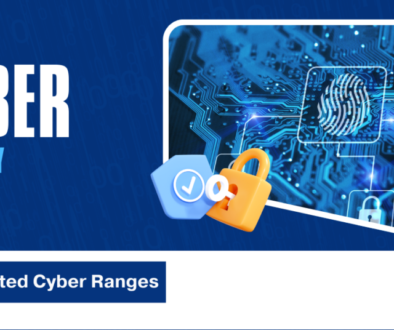Plugins That Prevent Malicious Login Attempts
Introduction
Brute-force hacking attempts and other security vulnerabilities pose significant risks for website owners, particularly those using open-source platforms like WordPress. While the open-source nature facilitates development and user accessibility, it also exposes WordPress-based sites to security threats. Therefore, professional WordPress development service providers prioritize addressing these concerns to safeguard client data.
Ensuring website security involves tackling vulnerabilities, installing updated security patches, employing plugins to counter brute-force login attempts, and implementing other protective measures. This article specifically focuses on plugins designed to thwart malicious login attempts, evaluating the effectiveness of the most popular solutions available:
Jetpack boasts over 5 million users and a rating of 3.9.
Limit Login Attempts Reloaded: With 1+ million users and a rating of 4.8.
Login LockDown: Used by 100,000+ users with a rating of 4.6.
WPS Limit Login: Garnering 60,000+ users and a top rating of 5/5.
SecuPress: Installed on 40,000+ websites with a rating of 4.
Understanding Brute Force Hacking and the Importance of Limiting Login Attempts:
Evaluation of Popular WordPress Brute Force Attack Protection Plugins:
Jetpack:
Jetpack is a multifunctional plugin offering brute force protection among its various modules. It has a vast user base and provides features like login attempt limitation, spam filters, and downtime monitoring. While comprehensive, its advanced features require a pricier “Complete” plan and may occasionally impact website speed.

Limit Login Attempts Reloaded:
In contrast to Jetpack’s comprehensive nature, Limit Login Attempts Reloaded focuses solely on limiting login attempts. It effectively tracks and temporarily blocks IPs after exceeding login limits. It’s user-friendly and prevents accidental bans by notifying users about remaining login attempts, yet it lacks two-factor authentication.
Login LockDown:
This plugin not only blocks IP addresses but also logs all login attempts by time, IP, and count. It allows customization of login attempts and offers various captcha options. Some advanced features are available in the Pro version only.
SecuPress:
Similar to Jetpack, SecuPress provides comprehensive security, including a firewall and malware scanner. However, its usability and documentation are less intuitive compared to Jetpack, making it less recommended for a comprehensive security solution.
WPS Limit Login:
Though effective in limiting logins and offering detailed logging, irregular updates and complex configurations make WPS Limit Login less advisable despite its popularity.

Conclusions:
WordPress lacks native measures against malicious login attempts, necessitating the installation of plugins. For basic protection, Limit Login Attempts Reloaded or Login LockDown are recommended, while WPS Limit Login’s complexity and updates make it less desirable.
For more advanced security features, Jetpack stands out due to its comprehensive functionality and support, making it a preferred choice over SecuPress.
Ultimately, the choice of a login protection plugin depends on individual needs, but Jetpack emerges as a robust option for those seeking comprehensive security tools with reliable support.
FAQs
1. What’s the deal with brute force attacks, and why should I care about my WordPress site being vulnerable?
Brute force attacks are like someone trying every possible key to unlock your door—except it’s happening digitally. If your WordPress site isn’t protected, these attacks can hammer away endlessly at your login page until they break in, potentially wreaking havoc on your site’s security and credibility.
2. How do these plugins like Jetpack, Limit Login Attempts Reloaded, Login LockDown, SecuPress, and WPS Limit Login actually stop these attacks?
Picture them as your site’s bodyguards—they set limits on login attempts, keep logs of suspicious activity, and even use fancy techniques like two-factor authentication and captchas to keep intruders at bay.
3. So, what’s the real difference between all these plugins?
It’s like comparing superheroes—they all have their own unique powers. Jetpack and SecuPress are the all-in-one security Avengers, while Limit Login Attempts Reloaded and Login LockDown focus specifically on limiting login attempts. WPS Limit Login joins the league but might need a bit more superhero training.
4. Are there any downsides I should know about before getting one of these plugins?
Sometimes, these plugins can be like a new pair of shoes—they look great but might pinch a bit. Some could slow down your site or require extra payment for full features. Oh, and some might not get updated as often as you’d like.
5. I’m a bit overwhelmed—how do I choose the right one for my site?
Think of it like choosing your ideal smartphone—it depends on what features you value most. If you want something simple and effective, Limit Login Attempts Reloaded or Login LockDown might be your go-to. If you’re all about the bells and whistles with robust security, Jetpack’s got your back.
6. Can I mix and match these security plugins or use them alongside others?
Think of them as the Avengers—they’re great on their own, but sometimes, too many superheroes in one room can cause chaos. It’s best to check if they play well together or seek advice before assembling your full security squad.
7. How often should I check up on these plugins?
Regular check-ins are key—kind of like watering your plants. Keep those plugins updated regularly, review those logs, and stay informed about any changes to keep your site fortress strong.
8. Can these plugins promise 100% protection from attacks?
They’re like your site’s security squad—they’ll do their best, but no one can promise Fort Knox-level security. It’s crucial to pair them up with strong passwords, regular updates, and maybe the occasional security pep talk to keep things as secure as possible.
Related Article:
Building Digital Fortresses: Embracing Patch Management and System Hardening for Ironclad Security



